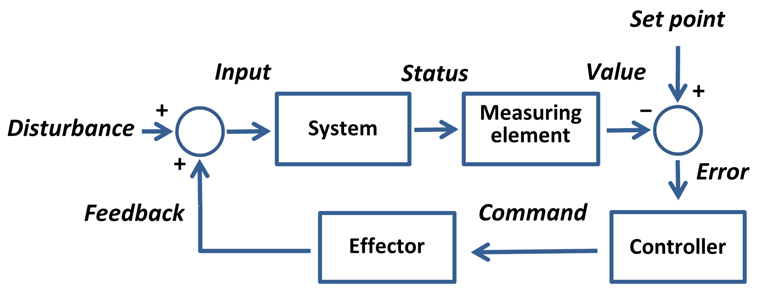
When we examine human society and culture as a whole, we see systems. We are inherently social creatures, and naturally organize ourselves into hierarchies and relationships, both simple (like the marriage of two people) and complex (like the Internal Revenue Service). These structures of social organization seem to assume a life of their own, and we talk about them as if they actually exist in material form, like rocks or trees or dunes.
When codified into laws and customs, our social structures do assume many of the characteristics of individuals. For example, the modern corporation, though entirely imaginary, is entitled to most of the rights and privileges as the individual: it can own property, defend its reputation, and bring lawsuits. Government, a purely fictive system, nonetheless commands the life and death allegiance of individuals who enforce the law and carry out its dictates. Our social organization results in systems and structures as stable as honeycombs in a beehive.
We talk about changing “the system” all the time. We complain about it, blame it for mistakes, call it corrupt and soulless. Yet the system does not exist apart from us as individuals. A sand dune, huge and slowly moving across the landscape, burying all beneath it, seems to operate as a single entity, but the dune itself comprises countless tiny grains of sand. What appears monolithic and unified is in fact composite, an assemblage of myriad particles gathered closely together and moving as a group.
Of course, grains of sand do not have intelligence or free will; they cannot decide to spontaneously ignore or defy the wind. We, on the other hand, do have intelligence and the freedom to make decisions for ourselves. Democracy, when it works, provides our political system with a mechanism for spontaneous change and adaptation. The expression of the individual, in theory, becomes the change agent within the system.
Unfortunately, our democracy has been thoroughly subverted by money, enabling the powerful and wealthy to skew and shift electoral outcomes. Roughly 50 percent of those of us who are eligible to vote do so, but we vote from obligation mostly, and too rarely with any enthusiasm. The individual impact we should have on our democratic system of government has been wholly marginalized by institutionalized corruption and greed. The two-party system has become calcified and unresponsive. Accordingly, change must arise within other spheres of influence. If we as individual grains of sand care to shift the direction of the dune, it will not come about in the voting booth alone.
In this materialistic society, one option is to vote with our wallets. If we do not like the way animals raised for food are treated, we can choose to give up meat. If we do not like gas-guzzling autos, we can choose to walk or bicycle. If we do not like products that are over-packaged in plastic, we can choose not to buy them. Options like these and others may require sacrifice, discomfort or inconvenience, but unlike grains of sand we have the freedom to defy the wind of commerce should we choose.
There are no systems, per se; there are only individual people within systems, people like me and people like you. This understanding is where change begins, and blame comes to an end.